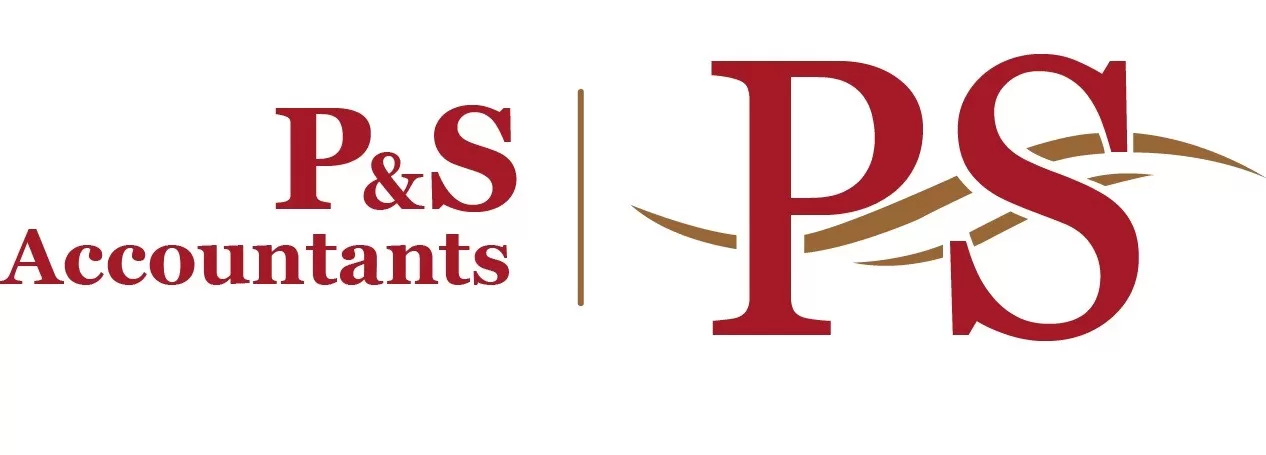Investing in shares has been long chosen by shareholders for the attractive dividend returns and capital growth that it offers and which is viewed as a go0od return on investment by investors. While you are in the activity of buying and selling of shares and other similar investments, it is important for you as a shareholder to understand the tax implications of your share trading activities in your tax return. This is because the determination greatly affects your tax estimate. it is important to make this decision before preparing your tax return in order to correctly present your trading activities to the ATO.
Determining if you are a share trader or share investor
In order to ascertain whether you are a share trader of share investor, you need to take into account some of the following factors to enable a better decision:
– The arrangements made like market research, business plans and a strategy adopted to buy and sell shares
– The number of times shares have been bought and sold
– The amount of money invested
– The volume of transactions and the frequency of such transactions
– Seeking professional advice such as tax planning or financial planning advisory
– Undertaking qualifications and training to study market trends and gaining relevant skills
– Whether you receive any other source of income such as employment income or other business income you rely on.
How tax is treated
If you have ascertained yourself as a share trader, consider your activities to be in a businesslike manner. The number of shares you hold are considered as trading sock of a business. Like any business that creates revenue, the money received on the sale of shares becomes the ordinary income. The dividends received also are considered as ordinary income. The costs associated to purchase of shares including brokerage are treated as business expenses. In other words, there is revenue and expenditure.
Contrary to this, if you are a share investor, the returns and investments made in buying and selling of shares are subject to capital gains tax. There is no business-like arrangement and you are said to be carrying out an investment activity instead of a business activity. There are capital gains and capital losses calculated. The gains are taxed in the same financial year and if losses are incurred, they can offset current year gains or can be carried forward to offset possible future capital gains.
Here we have given a general and brief overview on the concept of determining a share trader and share investor. We can certainly help you understanding your tax obligations or advise you in determining your tax situation. If you are in this situation and would like to discuss with us, please feel free to call us on 04452214559 or email us on info@ps-accountants.com.au
